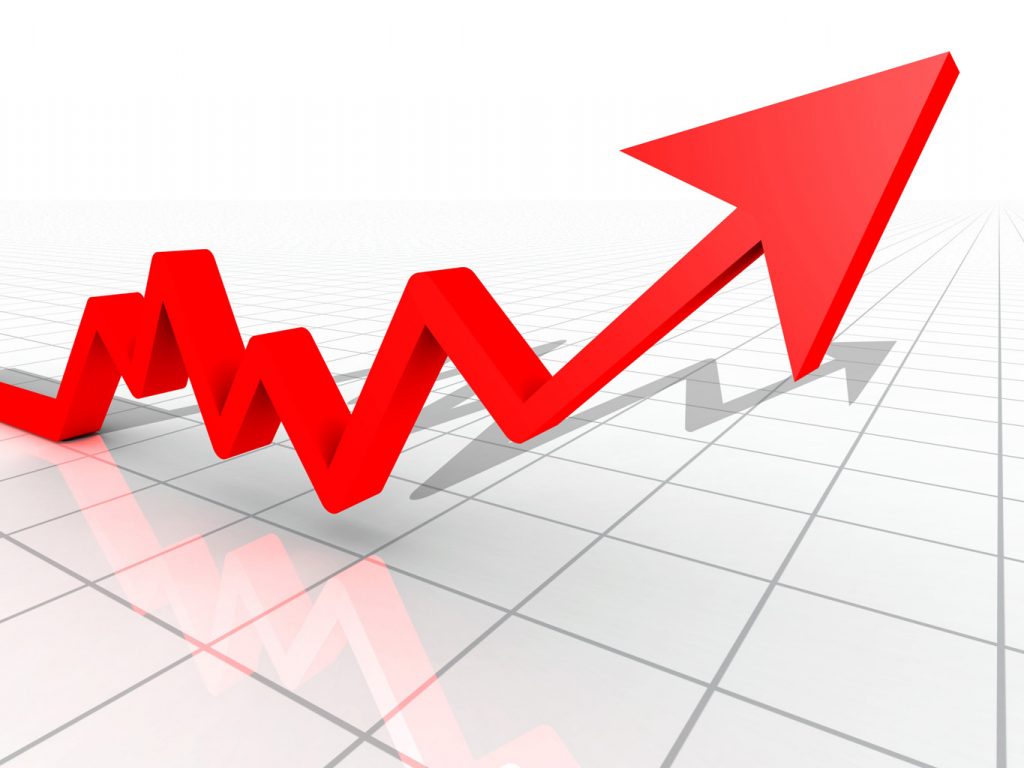Nigeria’s headline inflation rate dropped to 33.40% in July, according to the National Bureau of Statistics (NBS).
This represents a 0.8 percentage point decline from the 34.19% recorded in June.
The NBS Consumer Price Index (CPI) and Inflation Report for July, released on Thursday in Abuja, highlighted that while inflation has eased slightly every month, it remains significantly higher compared to July 2023, when it was at 24.08%.
On a month-on-month basis, the headline inflation rate in July 2024 stood at 2.28%, slightly lower than the 2.31% recorded in June.
This indicates that the rate of price increases slowed marginally in July compared to the previous month.
The rise in inflation on both a yearly and monthly basis was driven by increased prices in various sectors, including food and non-alcoholic beverages, housing, utilities, clothing, and transportation.
Other sectors contributing to the inflationary pressure include household equipment, education, healthcare, and communication.
Food inflation, in particular, surged to 39.53% in July on a year-on-year basis, up by 12.55 percentage points from July 2023.
The spike was attributed to rising prices of staples like semovita, yam flour, and wheat flour, among others.
However, on a month-on-month basis, food inflation dropped slightly to 2.47%, down from 2.55% in June, due to a decrease in prices of certain items such as tin milk, fresh fish, and watermelon.
Core inflation, which excludes volatile agricultural produce and energy prices, rose to 27.47% in July 2024, a 6.99 percentage point increase from 20.47% in July 2023.
This reflects significant price hikes in rent, transportation, medical services, and other essential services.
The report also highlighted regional disparities in inflation rates.
On a year-on-year basis, Bauchi recorded the highest inflation at 46.04%, followed by Jigawa at 40.77%, and Kebbi at 37.47%.
Benue, Delta, and Borno had the lowest year-on-year inflation rates at 27.28%, 28.06%, and 28.33%, respectively.
In July, the Federal Capital Territory, Abuja, recorded the highest month-on-month inflation at 3.91%, followed by Borno at 3.84% and Enugu at 3.76%.
The slowest month-on-month inflation increases were observed in Taraba, Kwara, and Ondo states.
The report underscores ongoing challenges in controlling inflation, with food prices remaining a significant concern for Nigerian households.
NAN


